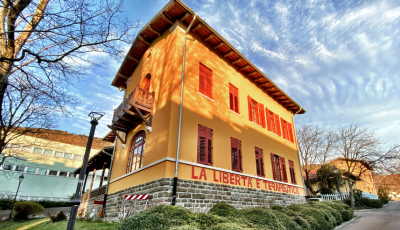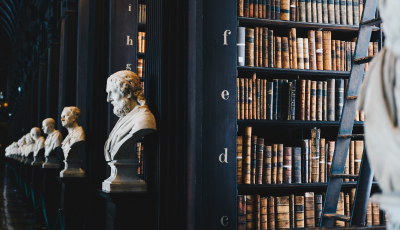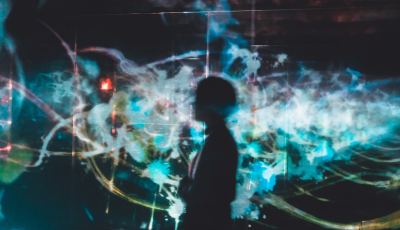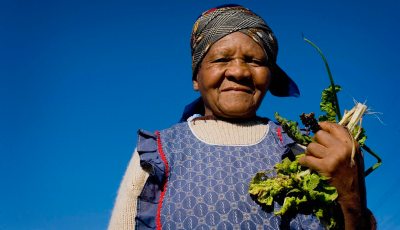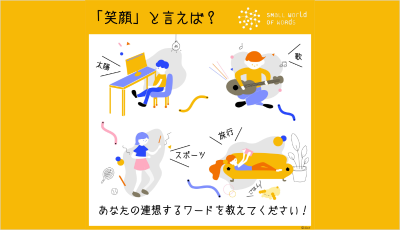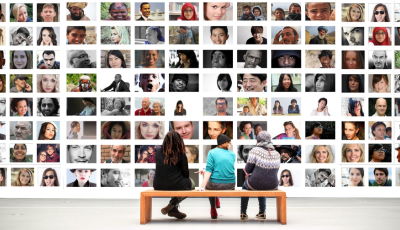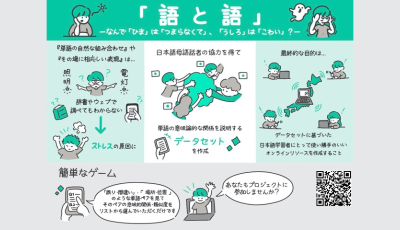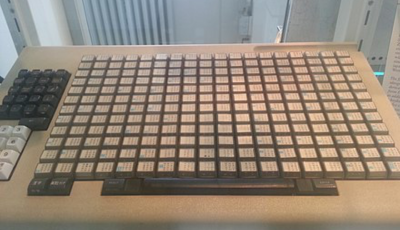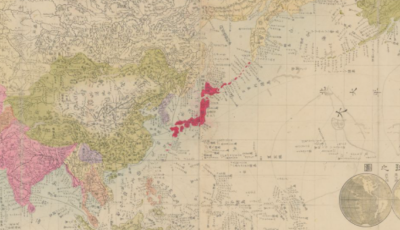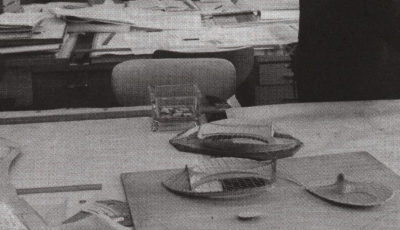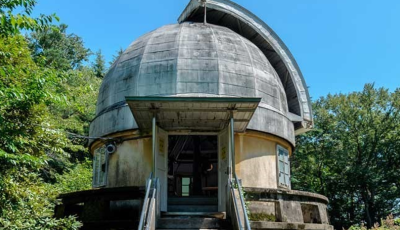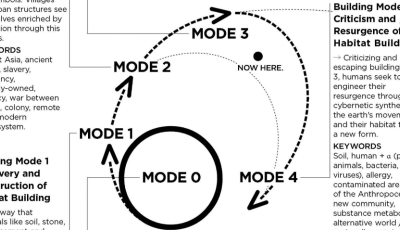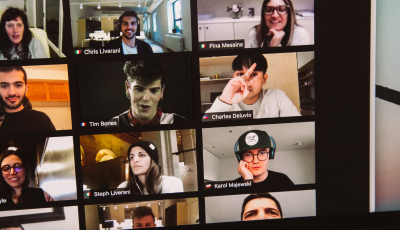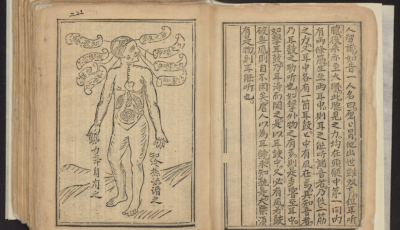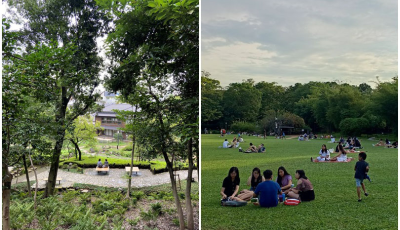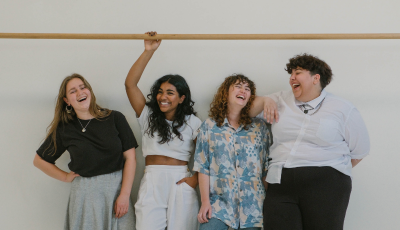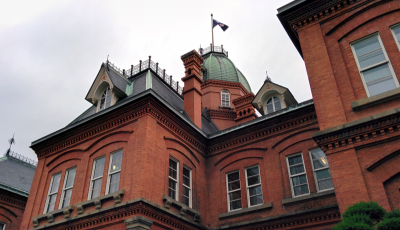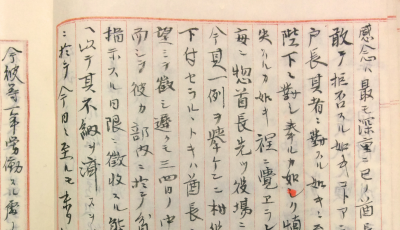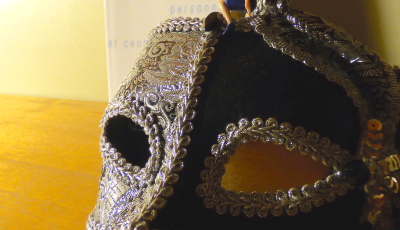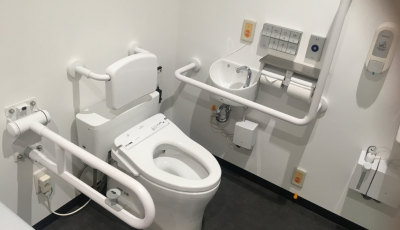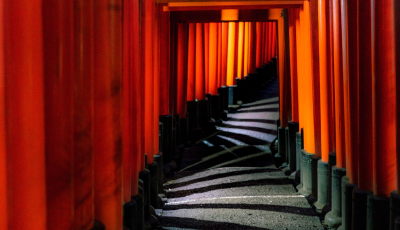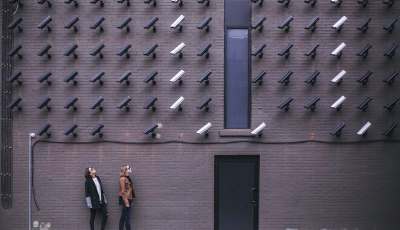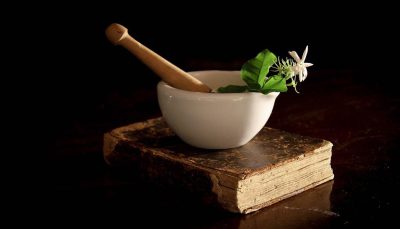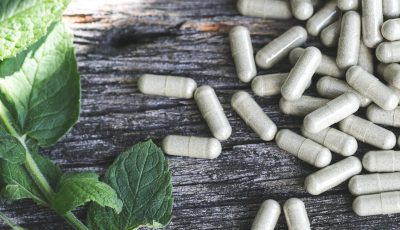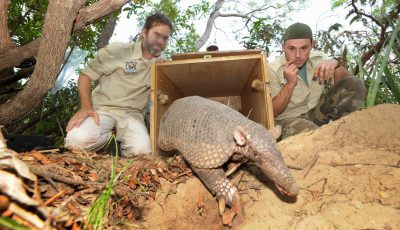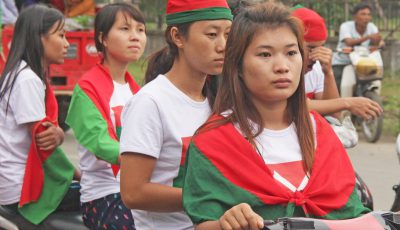Cultural Encounters in Medicine: The (Re)constituting of Traditional Medicine
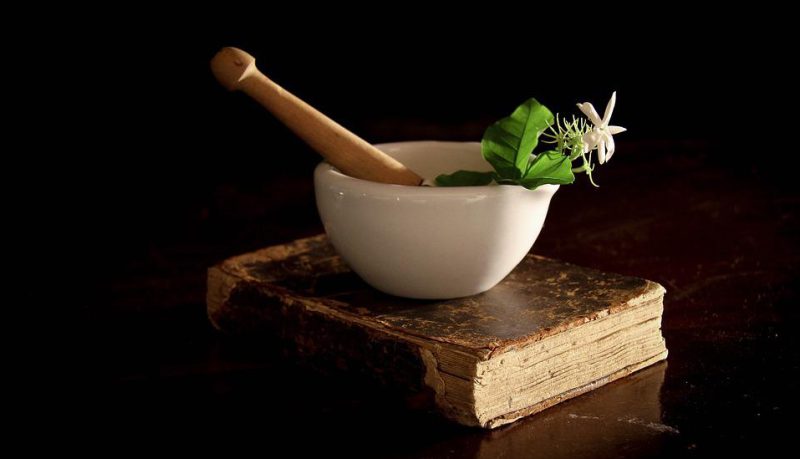
While biomedicine has dramatically changed our lifestyles over the last several hundred years, people in far-flung parts of the world continue to practice traditional medicine, which has somewhat surprisingly become popular in the United States and in similar countries where biomedicine is dominant. The social, as well as medical, beliefs related to various kinds of medical practices often trigger heated debates regarding two central issues: what counts as medicine and what counts as legitimate evidence of medical effectiveness. These debates often address not only “complementary medicine” (i.e., non-standard medical practices), but also the integration of various strands of medicine at local and global levels.
I focus on how imperialism and biomedicine reshaped traditional medicine in Taiwan during Japan’s colonization of the island (1895–1945) in the context of expanding exchanges mainly in East Asia but also in Western Europe and the United States. In this study, I break down two related myths: the first myth is the progressive narrative of modern medicine, which holds that modern medicine became dominant because of its medical superiority; and the second myth is the narrative held by extremist supporters of traditional medicine, who insist that only millennia-old traditional medicine can resolve human ailments without giving rise to untoward side effects and exorbitant costs.
I show that, in the case of Japanese colonial Taiwan, both modern and traditional medicine flourished. The history of colonial Taiwan shows us that modern medicine on the island became dominant for two main reasons: first, the public health system successfully dealt with epidemics, which were the most significant threat to life at that time; and second, the colonial government recognized only modern medicine and labeled traditional medicine a non-medicine despite relying on its practitioners in the pre-antibiotic age. The history of colonial Taiwan also shows us that traditional medicine is not “old wisdom” unchanged for thousands of years. Beginning in the 20th century, practitioners of Taiwanese traditional medicine re-constituted it for colonial consumption. Thus, at this colonial moment, Western medicine established itself locally in Taiwan while traditional medicine, be it from Taiwan or elsewhere, established itself globally.


